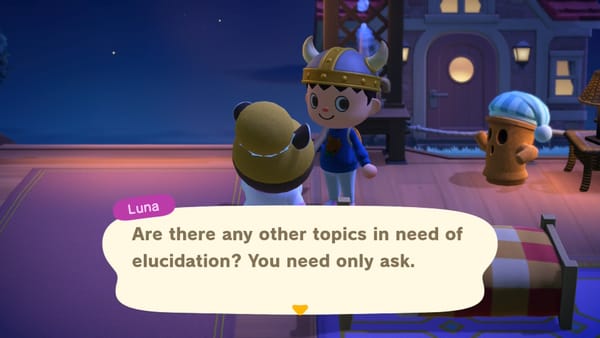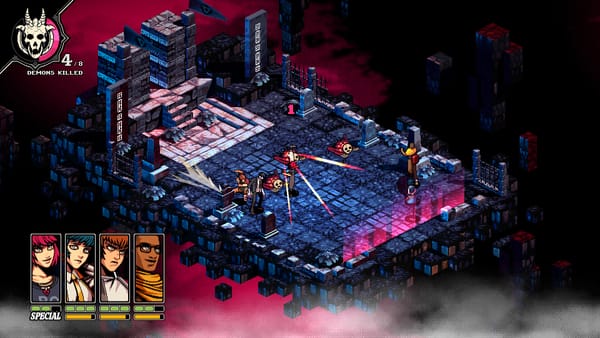"High-profile failures in the video game industry have changed how we talk about games for the worse"

Love this from Mikhail Klimentov on ReaderGrev:
So why did business augury become one of the primary ways in which people talk about games online? Look around and you’ll see it everywhere, from people with no obvious reason to pocket-watch. (Surely they’re not investors in these companies!) Handwringing over sales; Upcoming games discussed in terms of whether they’ll find and retain an audience; Barely disguised glee over shrinking concurrent user counts. When did getting an MBA become a prerequisite to talking about games?
[...]
This instinct to zoom out, to guess the direction of the market, is a bad habit, I think. It is a defensive crouch, a crutch, and it calls to mind some of the worst tendencies of the political press: Well, I thought the politician’s speech was thoughtful and detail-oriented, but how will it play with voters in Terre Haute? These framing devices say very little but attempt to imply quite a bit, foisting the creator’s opinion — or sometimes a totally orthogonal opinion — on some imagined future consumer.
I'm definitely guilty of this, but this is a great perspective. The "MBA" approach really has destroyed the way we talk about all forms of "content".
Headlines focus on ratings, views, sales, revenue more than they do the criticism of the actual media in simple terms. Is Game Pass profitable? Is the concurrent player count for a game enough? Is this price too high, too low?
And in a way we've always known about this side of the entertainment business, but it wasn't always as much of a focus as it is now. I feel like the fragmented nature of content now means that the most salacious content wins, and people undoubtedly love hearing about huge business wins and failures from companies they either love or hate.
With news of Giant Bomb closing, I had noticed in recent years the content had gone from very simple Lets Plays of new games and more into the "news" of games. Kinda Funny has a daily podcast that focuses almost entirely on the drama of gaming, and less about the enjoyment of games. Will the Switch 2 sell? Are consoles dead? Are live service games killing the industry?
(Gamers online will always say the Switch 2 price is too high for example, even when the item then sells out immediately.)

Sometimes I feel like it'd be nice to have some enthusiast media that just focuses on those main points:
Is the game good? Do you enjoy it? Why did you enjoy it? But it feels like a weird blend here of engagement and just the nature of a growing industry. As gaming continues to grow into live service ventures that can't fail, maybe it's just natural that the enthusiast press sees games through that lens.







